WIEGO General Assemblies
The General Assembly, a key governance event for the WIEGO Network, happens every four years.
The General Assembly, a key governance event for the WIEGO Network, happens every four years.
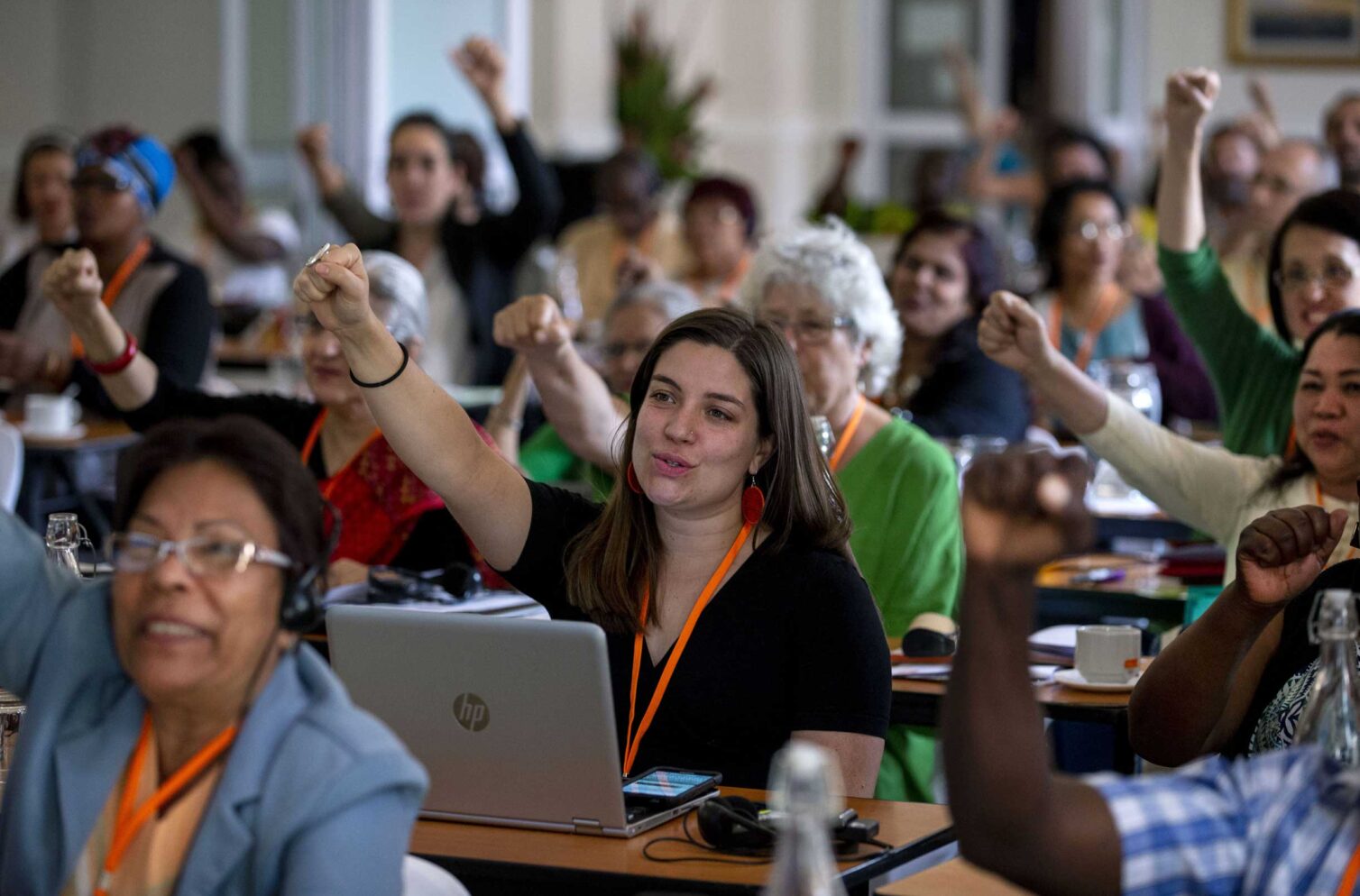
2018 General Assembly - Johannesburg, South Africa
GAs also serve to expand and strengthen the WIEGO Network. In conjunction with each GA, WIEGO co-organizes a public event with local partners. Since it was founded in 1997, WIEGO has held the below general assemblies.
12-14 November
WIEGO’s 8th General Assembly was held in Mexico City in November 2022. Its theme was “The Next 25 Years” and the event provided an opportunity for WIEGO’s institutional and individual members to review progress on our work, share knowledge and experiences and provide input on WIEGO’s 5-year strategic plan. WIEGO co-hosted a public event with the Commission for Human Rights of Mexico City where workers in informal employment from Mexico City presented a platform of demands for post-pandemic economic recovery.
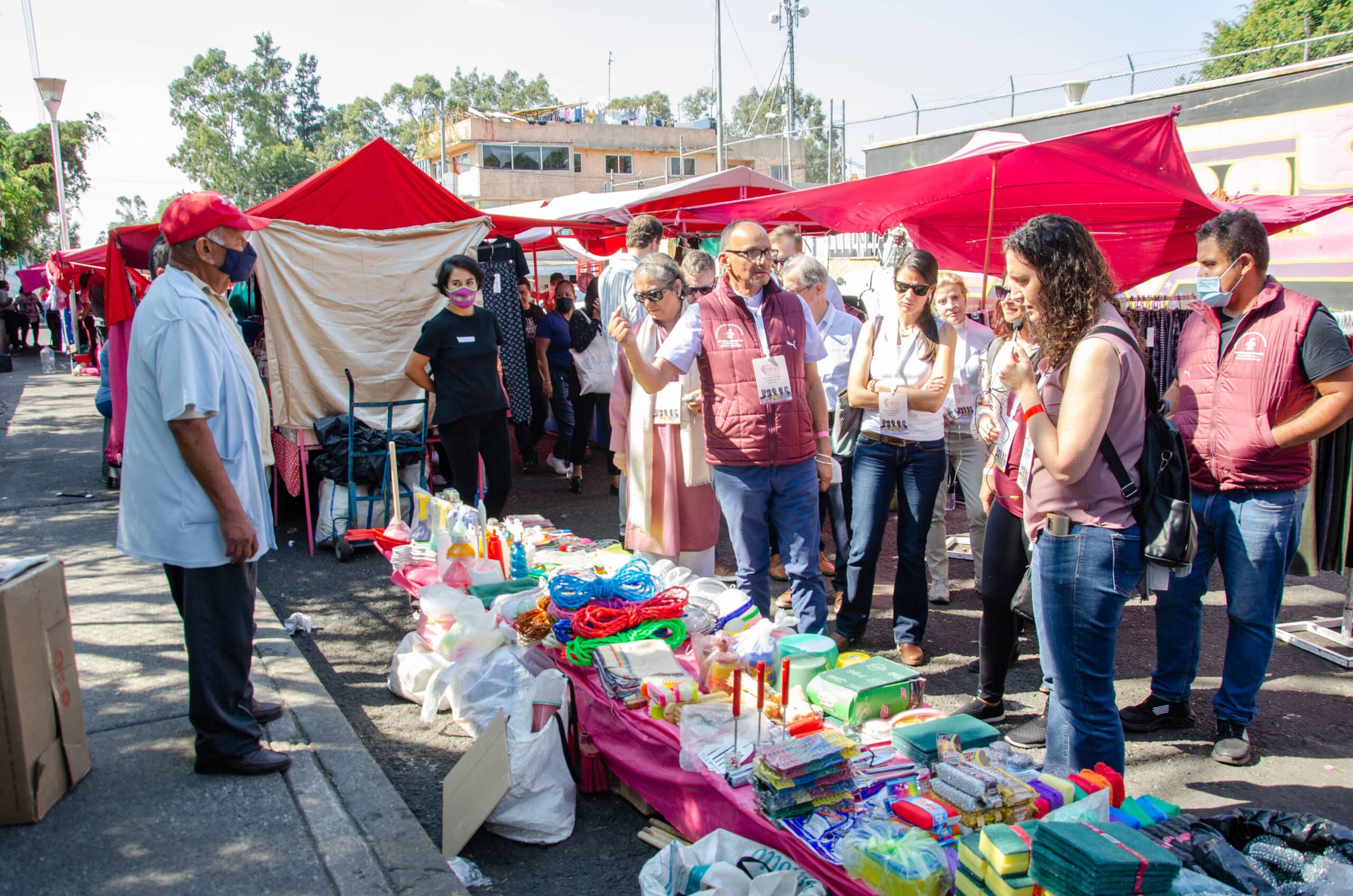 2022
2022
12-14 November
WIEGO’s 7th General Assembly was held in Johannesburg in November 2018. This GA celebrated WIEGO’s 20 years; the theme was “Celebrating 20 Years – Organizing for Change”. The event gathered worker leaders, activists, researchers and policymakers to celebrate past achievements and chart the course ahead.
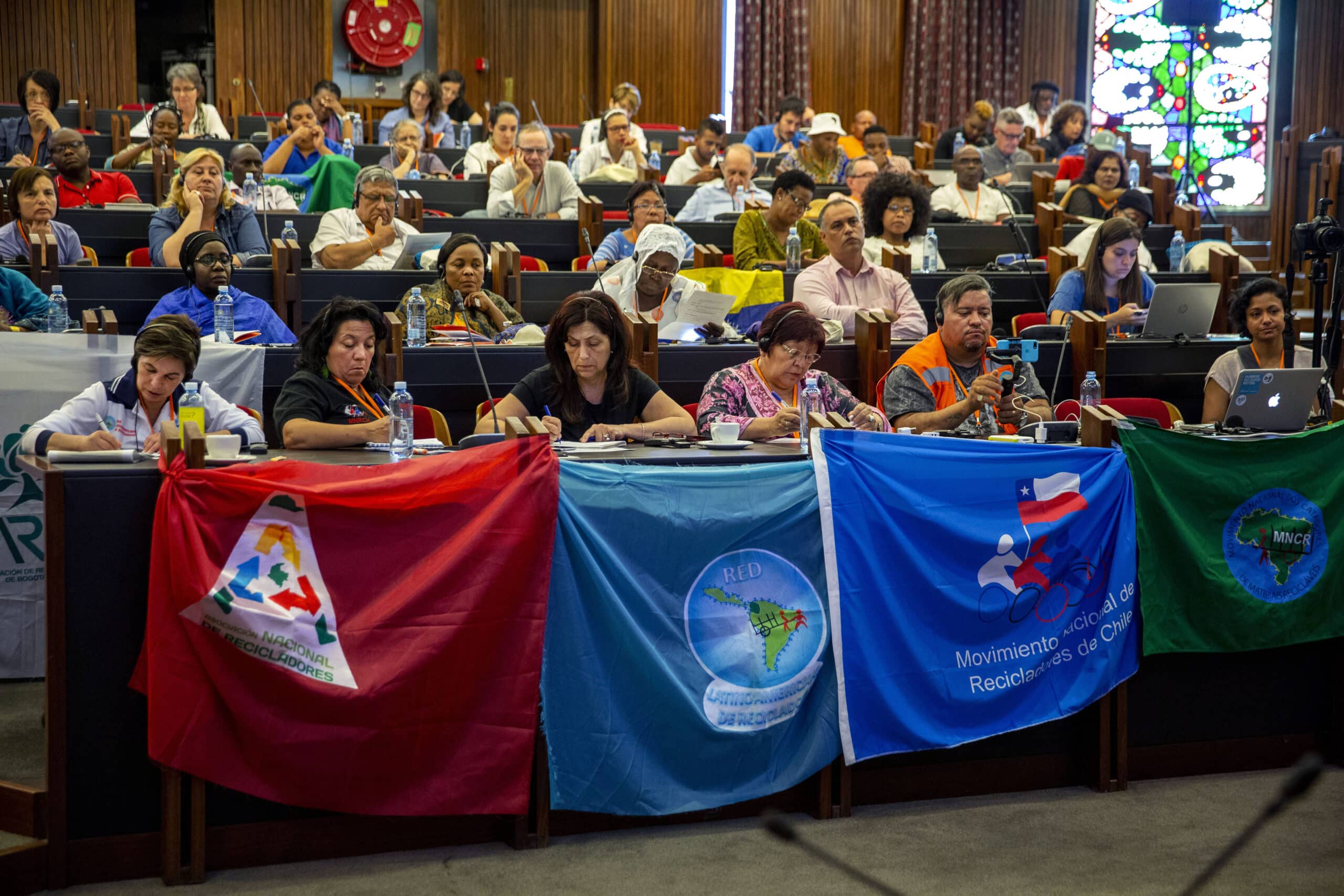
Image from the 2018 General Assembly
11-13 November
WIEGO’s 6th General Assembly was held in Yogyakarta in November 2014. It celebrated women’s leadership in the growing global movement of workers in informal employment. WIEGO Members heard reports on progress and outcomes over the previous four years and looked ahead at plans and priorities. Events included a panel discussion on women’s economic empowerment and a public event focused on Formalizing in the Informal Economy: Informal Workers’ Perspectives.
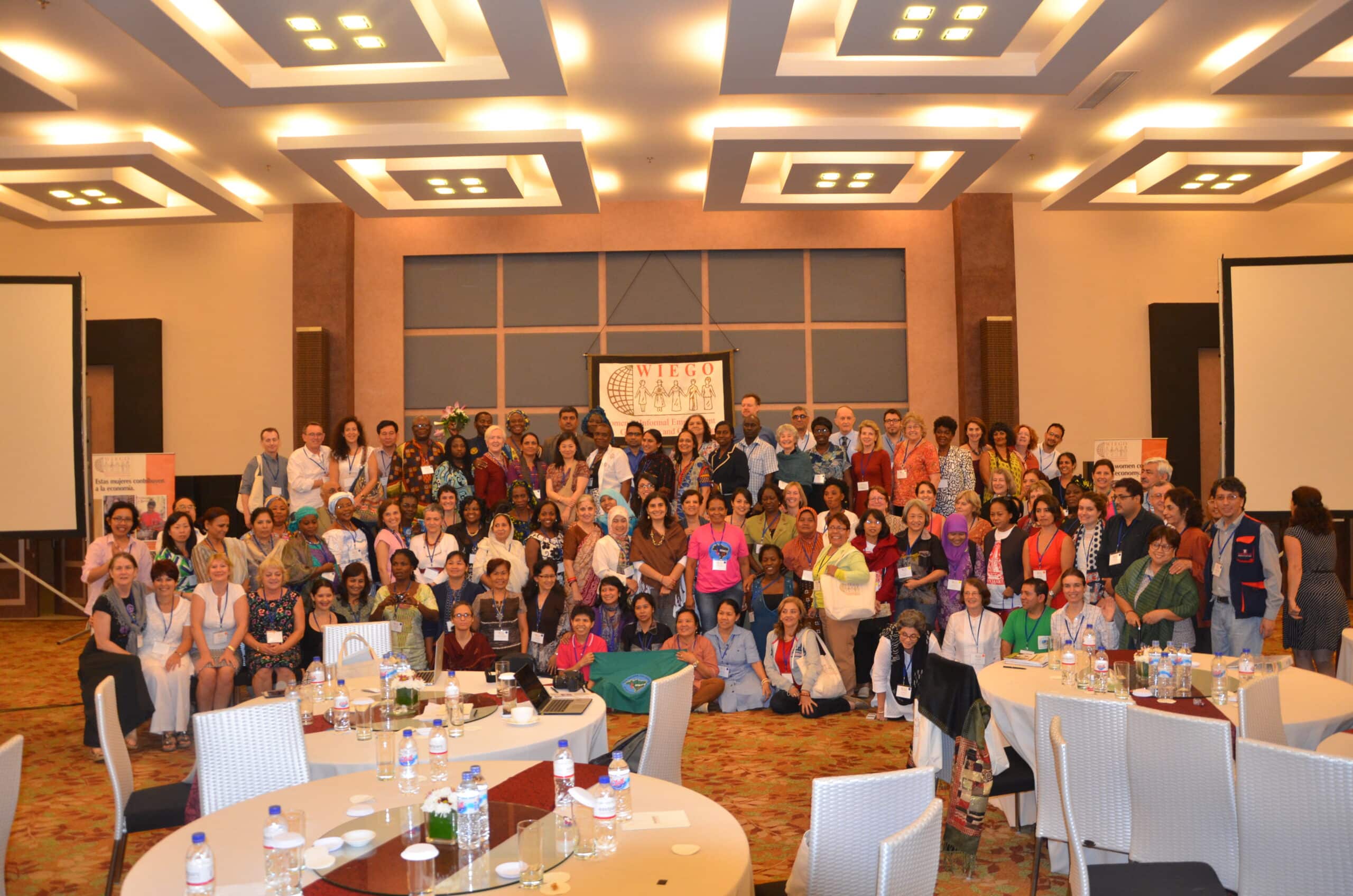 2014
2014
19-22 April
WIEGO’s 5th General Assembly was held in Belo Horizonte in April 2020. It brought together women leaders from membership-based organizations of workers in informal employment, activists and union leaders, academics and researchers, and government officials. “Inclusive Cities for the Working Poor,” co-sponsored by the Federal University of Minas Gerais, featured presentations on innovative approaches to inclusive planning from Brazil and other countries. Read the WIEGO 5th General Assembly Report.
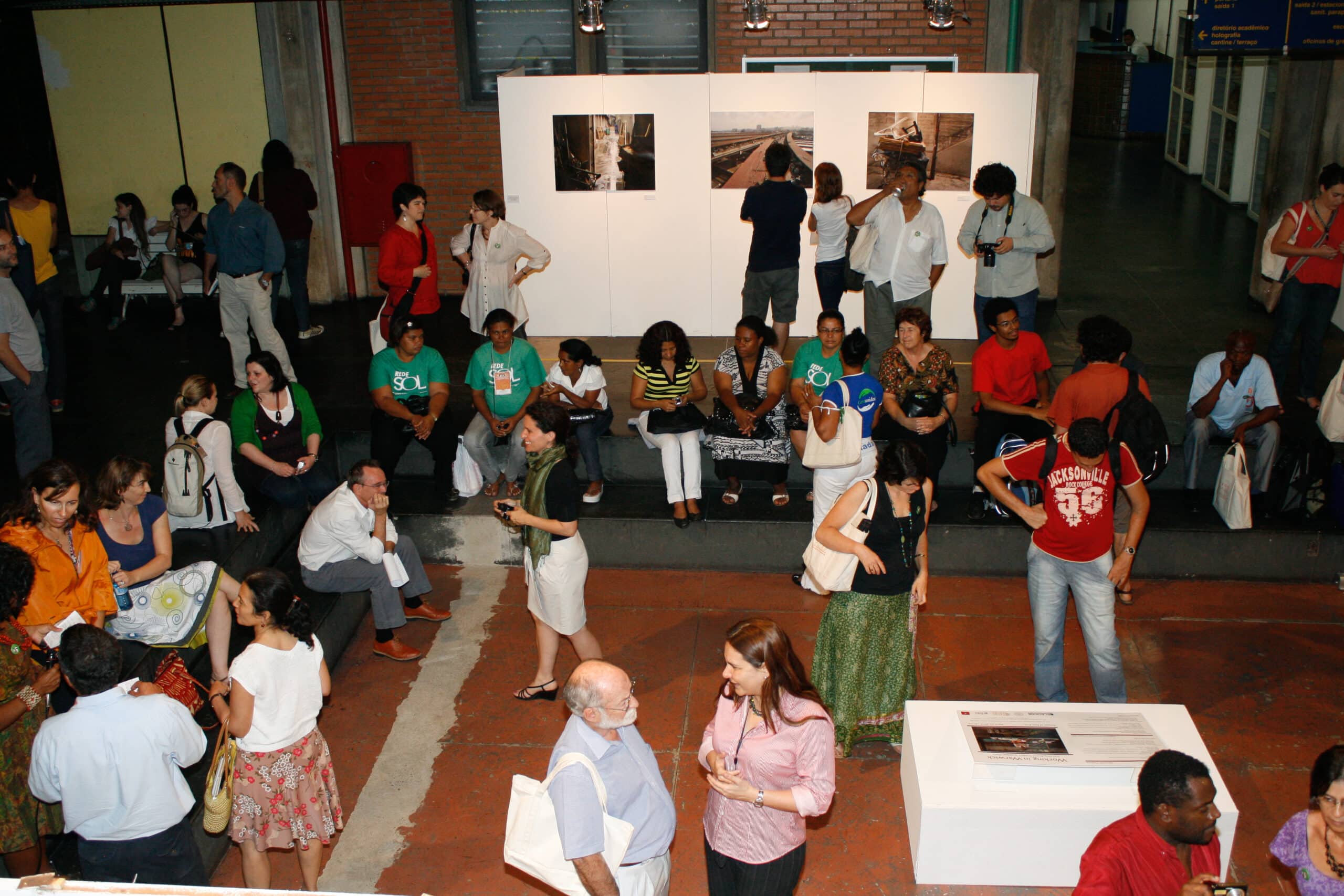 2010
2010
April
WIEGO’s 4th General Assembly in Durban saw the launch of its new governance structure, as mandated in the WIEGO Constitution that was ratified in October 2005. It was a landmark event for the WIEGO Network and marked the first General Assembly of WIEGO Members, both institutional and individual.We co-organized an urban policy colloquium called “World Class Cities and the Urban Informal Economy: Inclusive Planning for the Working Poor” with StreetNet International and the School of Development Studies at the University of KwaZulu-Natal.
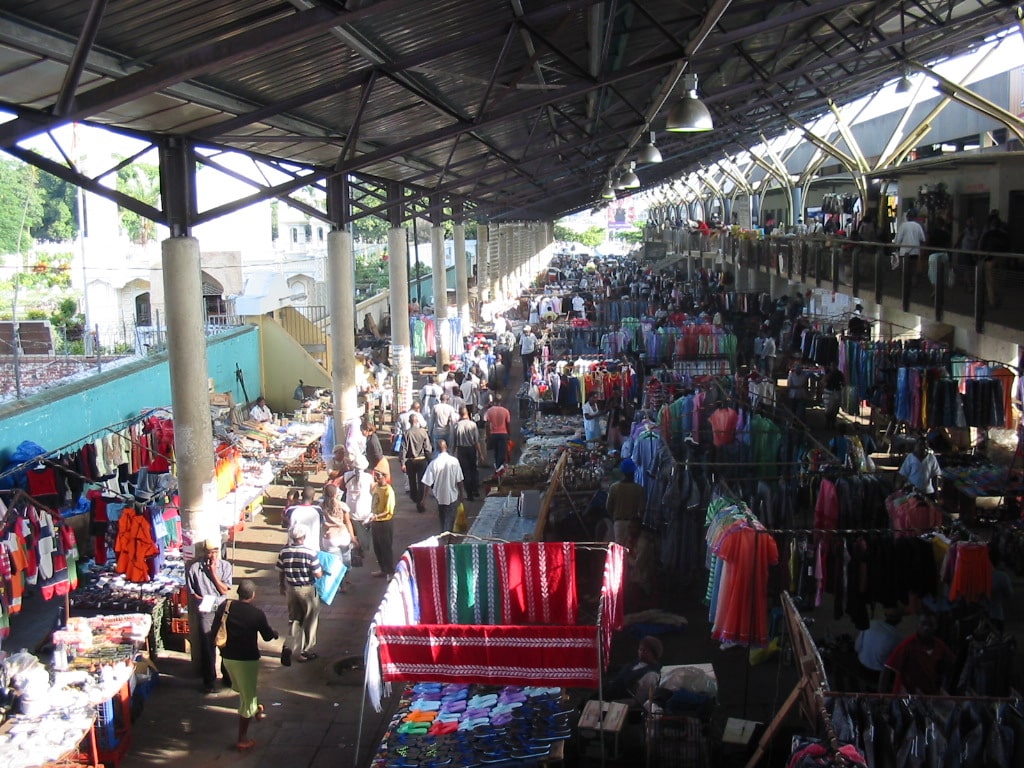 2006
2006
January
We participated in the first day of the annual general meeting of the Self-Employed Women’s Association (SEWA).
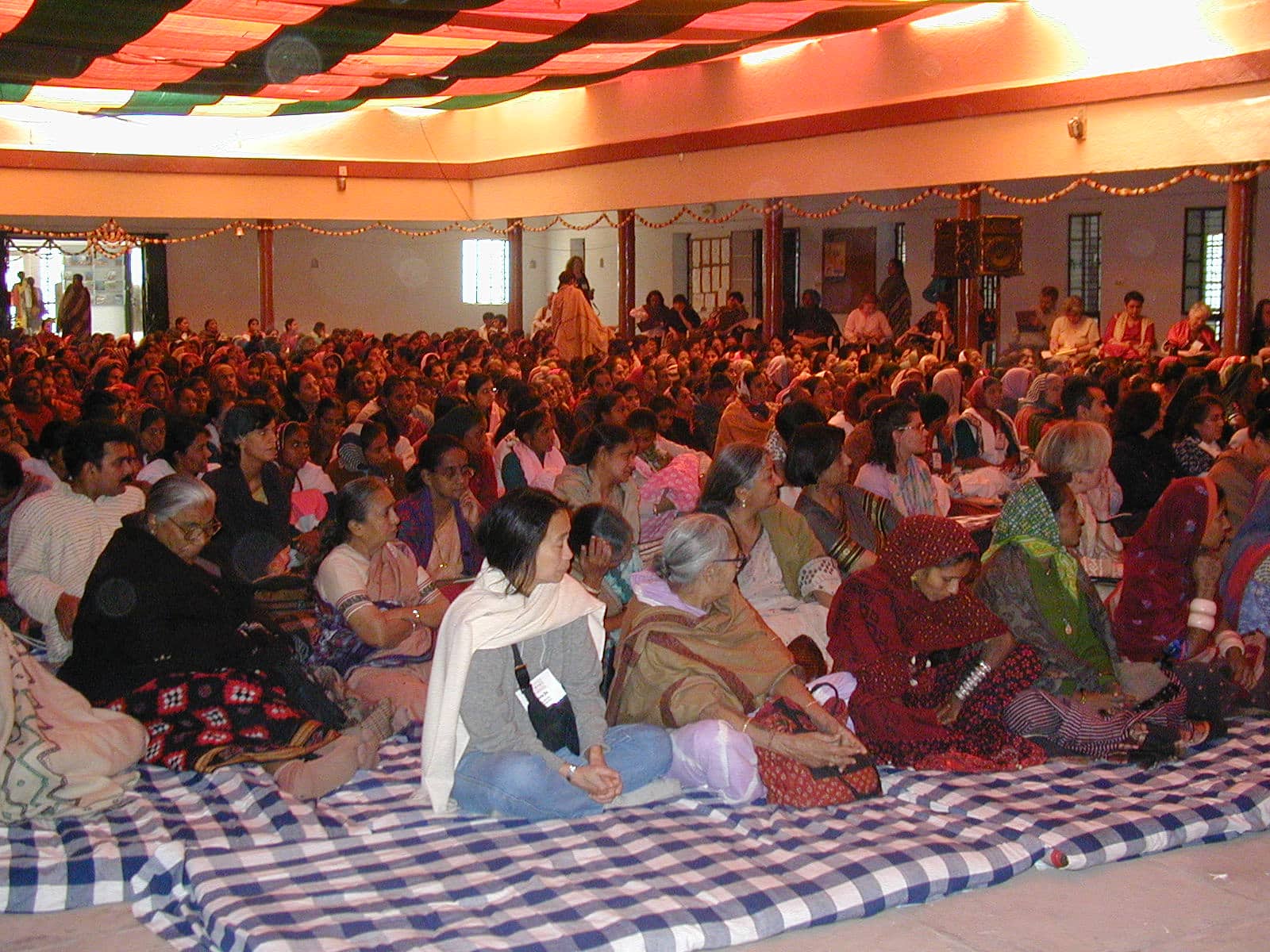 2002
2002
22-24 May
Nearly 100 people from 26 countries representing grass-roots, academic and international development organizations participated in WIEGO’s Second General Assembly and were joined by 30 faculty, students and activists from the Massachusetts Institute of Technology (MIT) and other institutions in a workshop on Organizing in the Informal Sector. Several members of WIEGO took part in a seminar co-hosted by the Radcliffe Public Policy Center and WIEGO.
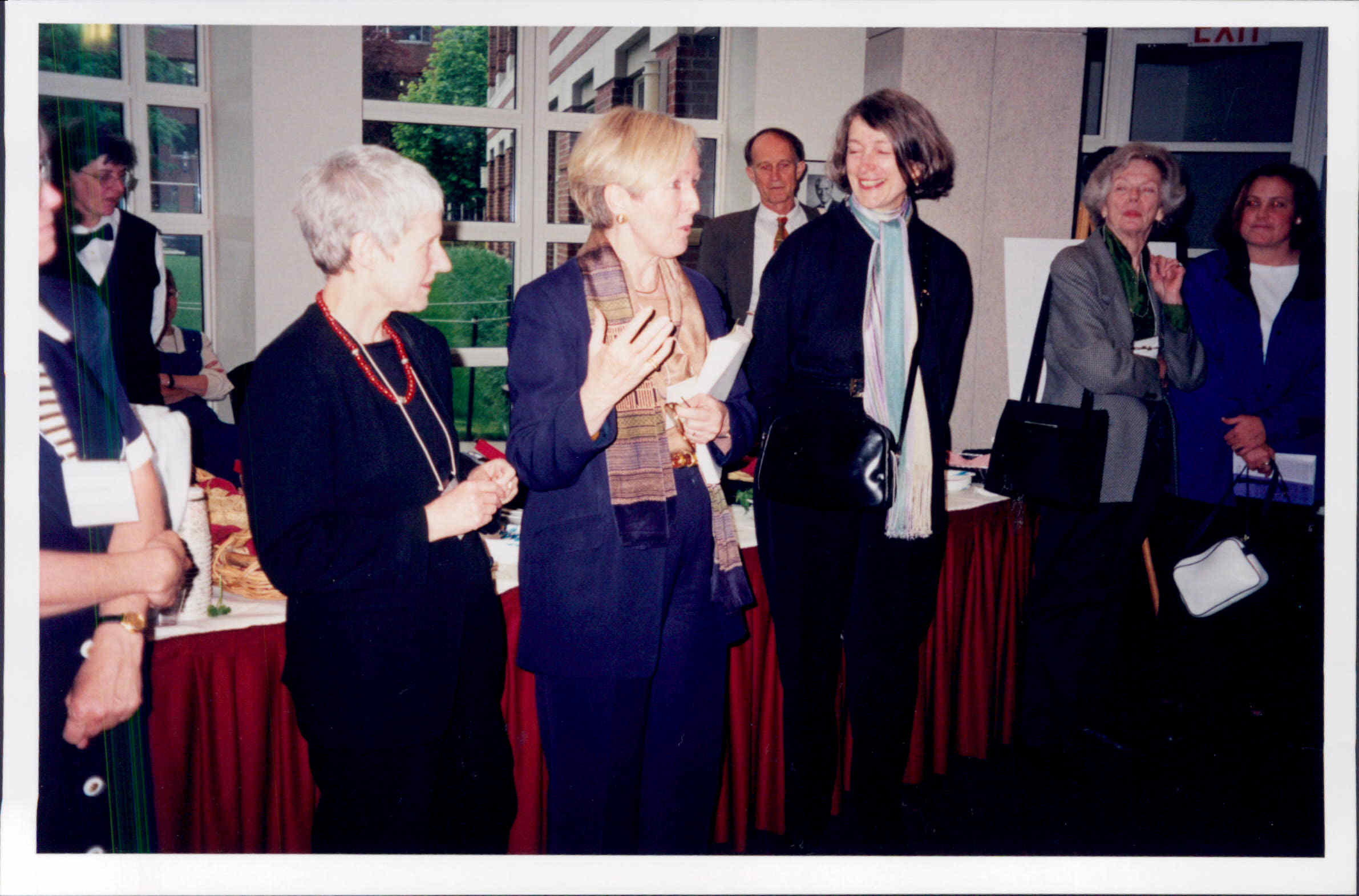 2000
2000
12-14 April
Attended by 70 people from 25 countries representing grass-roots, academic and international development organizations, our first General Assembly was designed to expand and strengthen the network, to share progress and experiences to date, and to plan for the future. A public seminar was hosted by the Aga Khan Foundation Canada and we co-organized a policy dialogue on the informal economy with the International Centre for Development Research (IDRC).
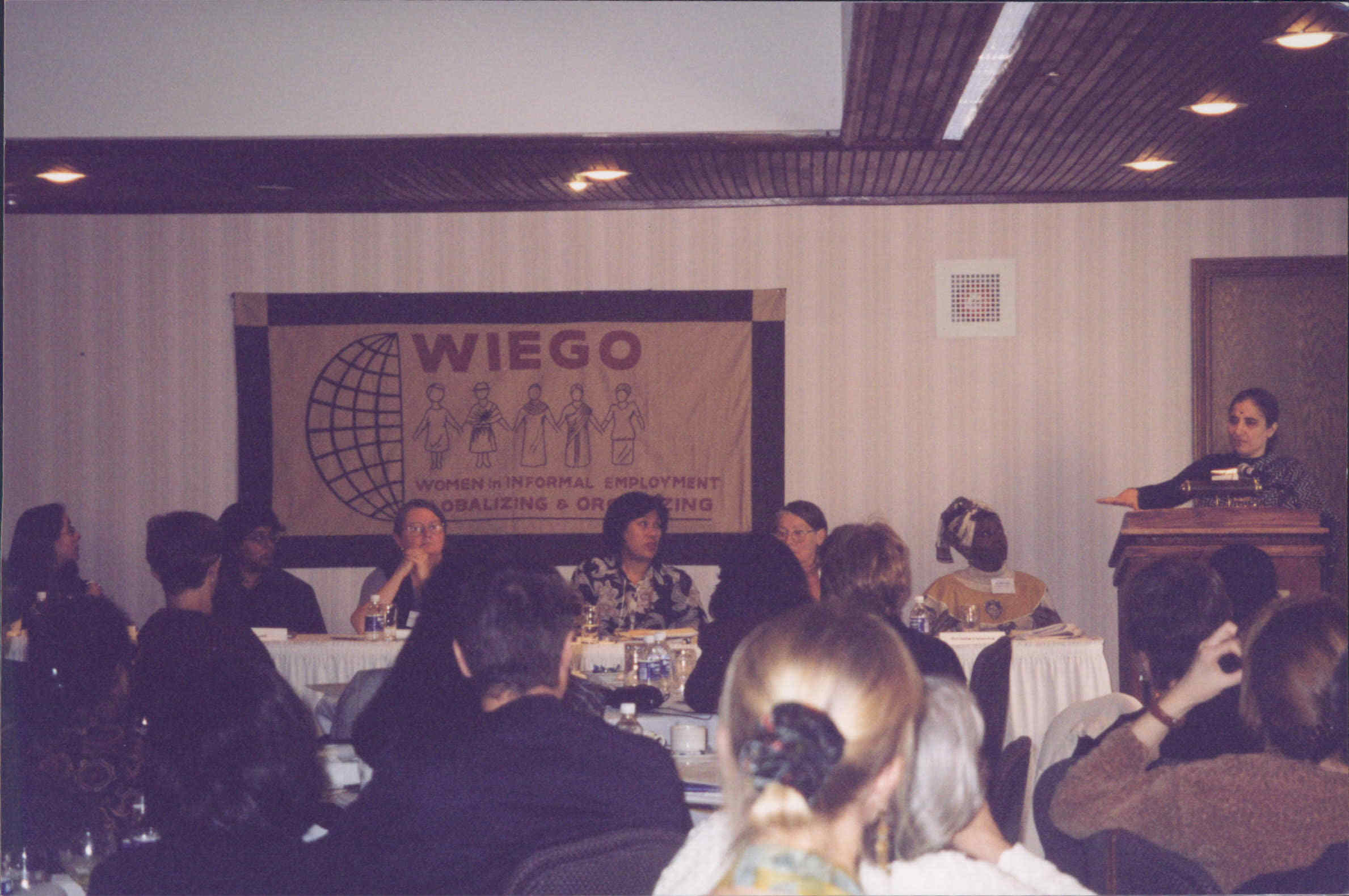 1999
1999